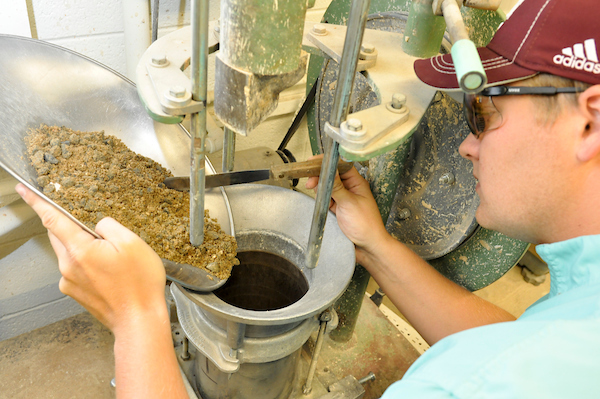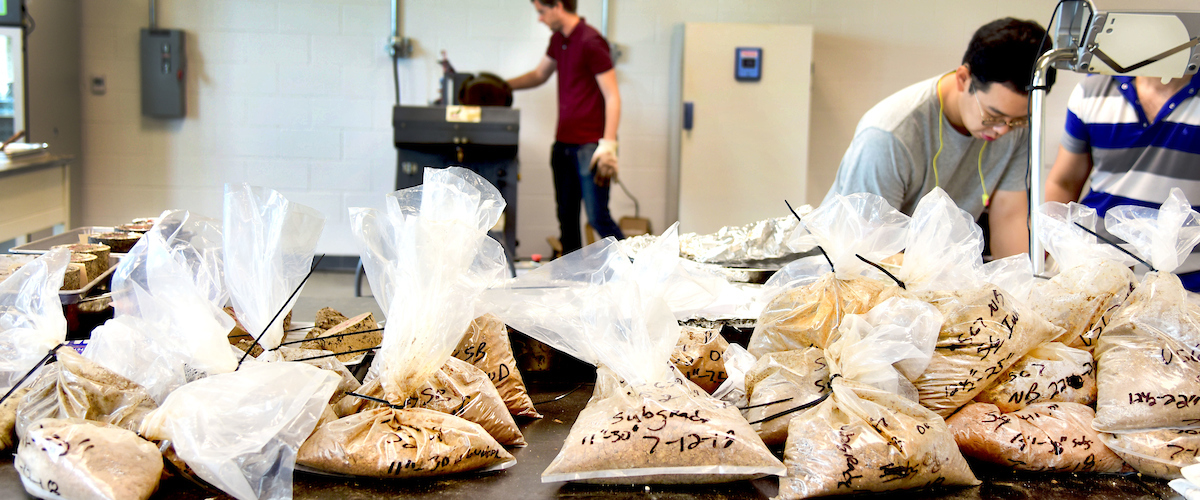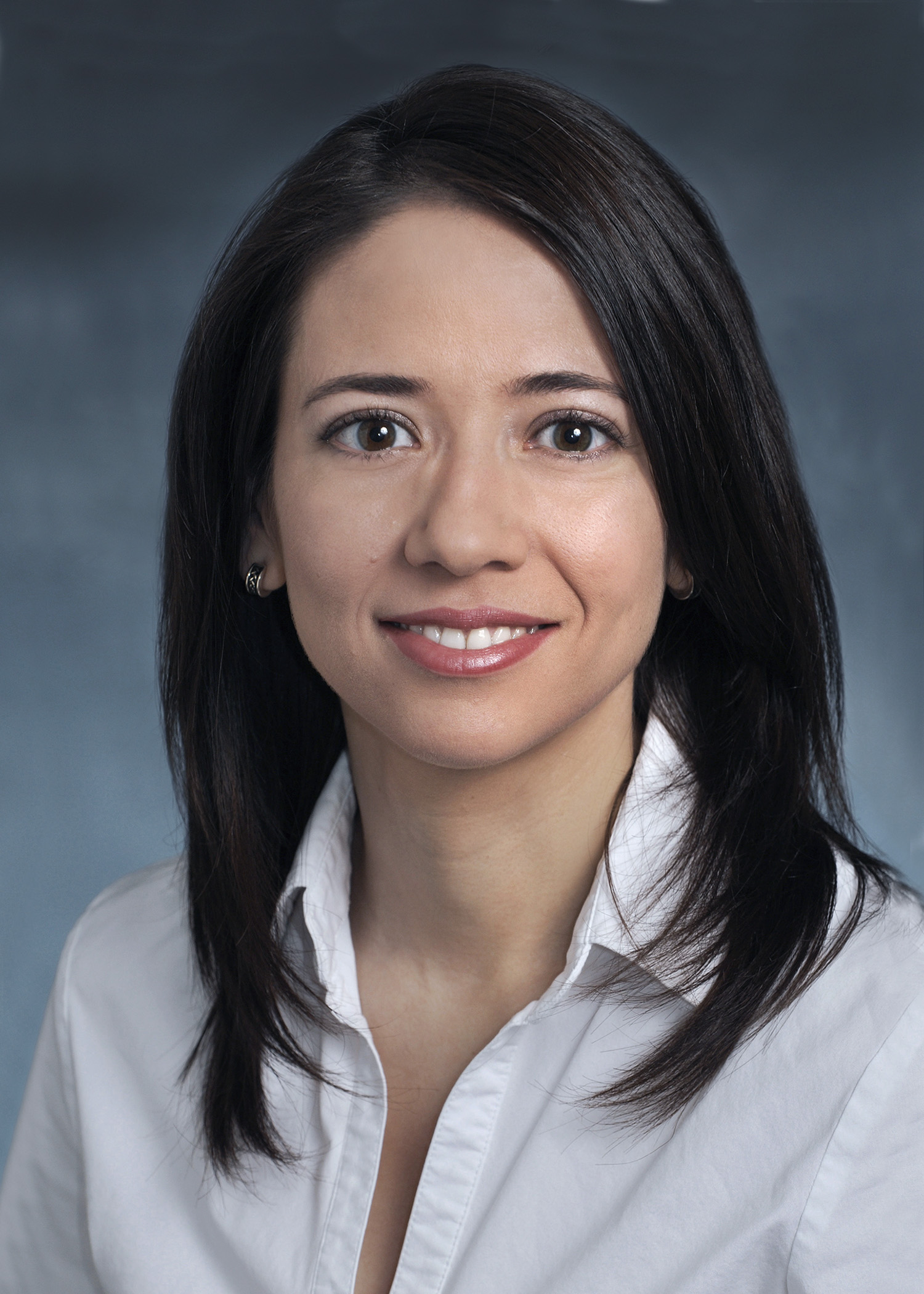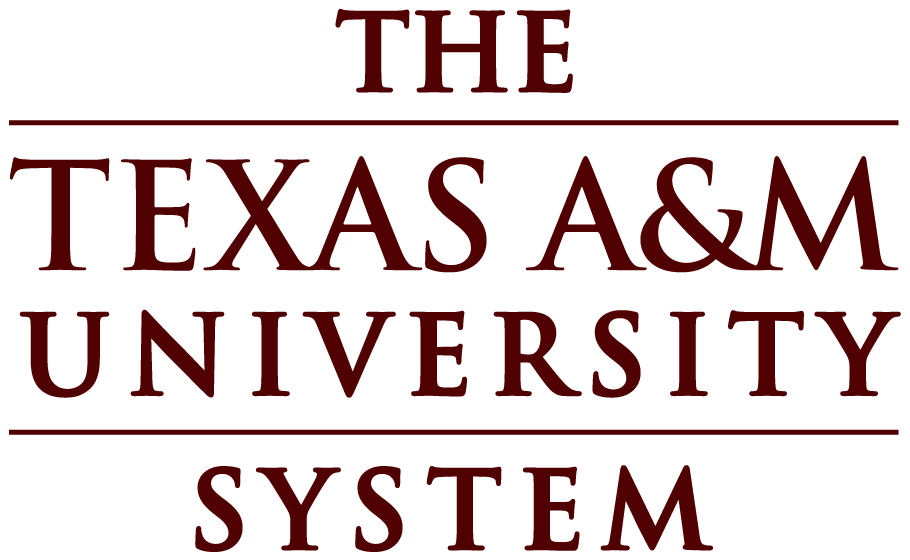Summary

Infrastructure systems are only as good as the foundation on which they are built. Much of our existing infrastructure is in dire need of foundational upgrades or rehabilitation. This lab allows researchers to investigate soils, stabilization, and rehabilitation techniques that can be implemented in both the short and long term.
Research
- Develop expedited and improved design procedures, sustainable solutions for rapid pavement renewal and rehabilitation, and supporting construction specifications.
- Reduce cost of pavement renewal by as much as 50 percent.
- Reduce project delivery time and disruption to traffic.
- Expand understanding of materials and mixture properties and their relationships to pavement performance under traffic and environmental conditions.
- Multi-disciplinary research in accelerated construction.
Capabilities
- Materials Index Properties
- Particle size distribution.
- Plastic limit, liquid limit, and plasticity index.
- Moisture content and soil water potential.
- Sulfate content.
- Organic content.
- Methylene blue value.
- Mixture Analysis
- Impact hammer, vibratory, and gyratory compactors — fabricate mixture test specimens.
- Lab pugmill — simulates thorough field mixing of materials. Produce mixed untreated and treated materials such as cement, lime, fly ash, asphalt emulsion, foamed asphalt treated soils, or granular materials.
- Lab foamer — uses nozzles identical to field equipment to produce foamed asphalt. Used with lab pugmill to simulate field foamed asphalt treatment.
- Loading systems — measure strength, modulus, and rutting properties of representative test specimens. Results allow for analysis of expected pavement performance.
- Mixture Conditioning
- Moisture conditioning including capillary soak, full submersion or vacuum saturation.
- Environmental conditioning and curing including temperature and relative humidity.
See us in action
Lab Supervisors:

Dr. Anand Puppala
Director of the CIR, Professor, Civil Engineering, Texas A&M
[email protected]
979-317-1204

Stephen Sebesta
TTI Research Scientist, Division Head of Materials and Pavements
[email protected]
979-317-2329







